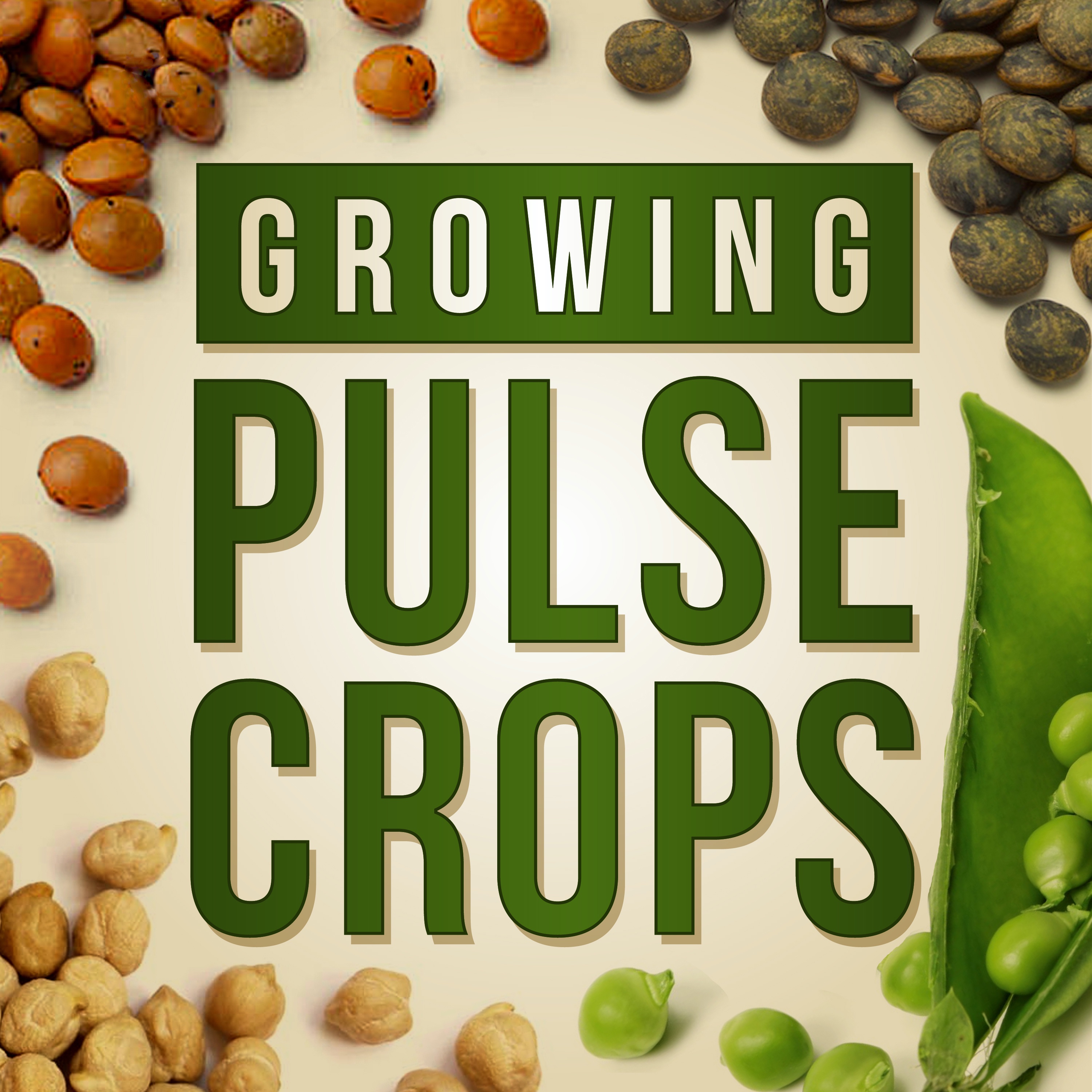Field Pea Genetics with Tom Warkentin, Ph.D.
Dr. Tom Warkentin is a professor at the University of Saskatchewan where he is part of a team at the Crop Development Center. He has been a pulse crop breeder for about 30 years, mostly focused on field peas. Warkentin discusses the progress of his pulse crop breeding program over the decades, including varieties that have had a big impact on the industry. He also shares how he balances the need to improve genetics on multiple fronts all at once, like yield, quality, lodging, disease resistance, protein and a number of other factors. He’ll also cover what’s in the pipeline currently for new varieties and what questions and areas of research are still left unanswered.
“Definitely yield is first and we keep pushing to improve yield. I think if we go through the records we’ve probably boosted yield 1 to 2% per year if you take the long-term average over a couple of decades. Second trait that farmers definitely like is lodging resistance, so the ability to stay upright. That has remained as probably the second most important trait in pea varieties over the last 30 years.” - Dr. Tom Warkentin
Other priorities they focus on include protein quality and quantity, root rot resistance and ascochyta resistance. Dr. Warkentin discusses where these priorities come from including producer requests, processor preferences and consumer demands. Employing different techniques to highlight different characteristics is a lengthy difficult process in plant genetics that Dr. Warkentin’s team have been fine-tuning for years.
“So a combination of conventional breeding and marker assisted breeding and screening material with the actual pathogens, either indoors or outdoors. All of those approaches we're using.” - Dr. Tom Warkentin
This Week on Growing Pulse Crops:
- Meet Dr. Tom Warkentin, a professor at the University of Saskatchewan where he is part of a team at the Crop Development Center.
- Discover the priorities of genetic traits that his breeding program is addressing in peas and the impact this development is having on the pulse crop industry
- Explore the process the plant breeding team is employing to improve pulse crop genetics
- Learn more about Dr. Warkentin’s work at the University of Saskatchewan by visiting his research webpage
Growing Pulse Crops is produced by Dr. Audrey Kalil and hosted by Tim Hammerich of the Future of Agriculture Podcast.

